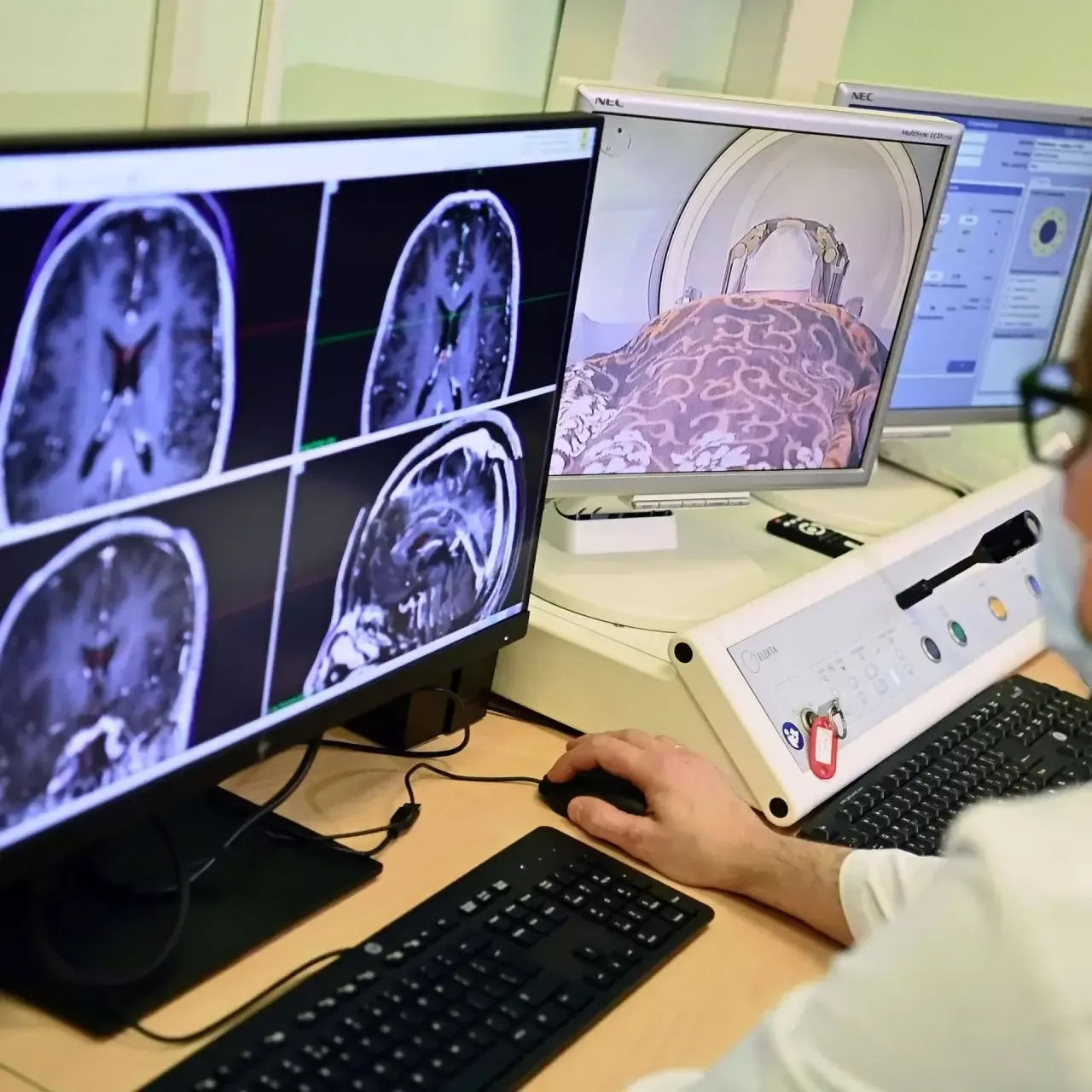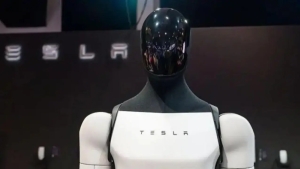Stanford scientists have created a brain implant for speech

Scientists at the prestigious Stanford University in the USA have developed a brain implant capable of reading words occurring in human consciousness and converting them into speech. This was reported by Zamin.uz.
This new technology could be a great source of hope especially for patients who have lost their ability to speak and are paralyzed. The innovative device is implanted in the part of the brain responsible for speech.
Participants in the experiment silently pronounce words only mentally, without making any sound. At this time, the implant receives neural signals and, with the help of artificial intelligence, converts them into precise words and sentences.
Scientists tested this system in practice. In experiments involving three people diagnosed with amyotrophic lateral sclerosis and another patient who lost speech ability due to a stroke, the implant succeeded in decoding words with 74 percent accuracy.
According to experts, the main advantage of this interface is that even patients who are unable to produce any sound can use it. Additionally, the system can also read a person's inner speech.
For example, it is possible to accurately decode numbers counted inside the brain or thoughts passing through the mind. Special attention has also been paid to the privacy of the device.
Researchers have developed special protective measures: the patient can activate or deactivate the program by mentally entering an internal password. It was also noted that in tests based on the phrase “chity chity bang bang,” the system achieved 98 percent accuracy.
This demonstrates the reliability of the technology and its potential for widespread use in the future. In conclusion, the brain implant created by Stanford scientists is expected to usher in a new era in medicine and technology.
It not only restores communication ability to patients who have lost their speech but also represents a significant breakthrough in the deeper study of human cognition. This discovery could serve to improve the quality of life for many people in the future.







